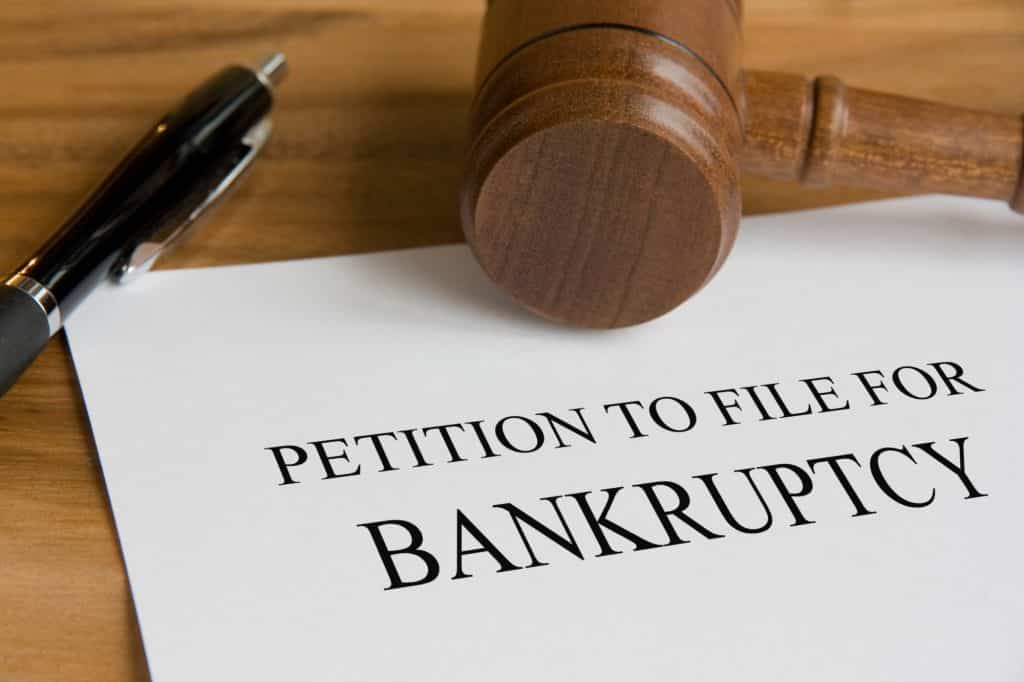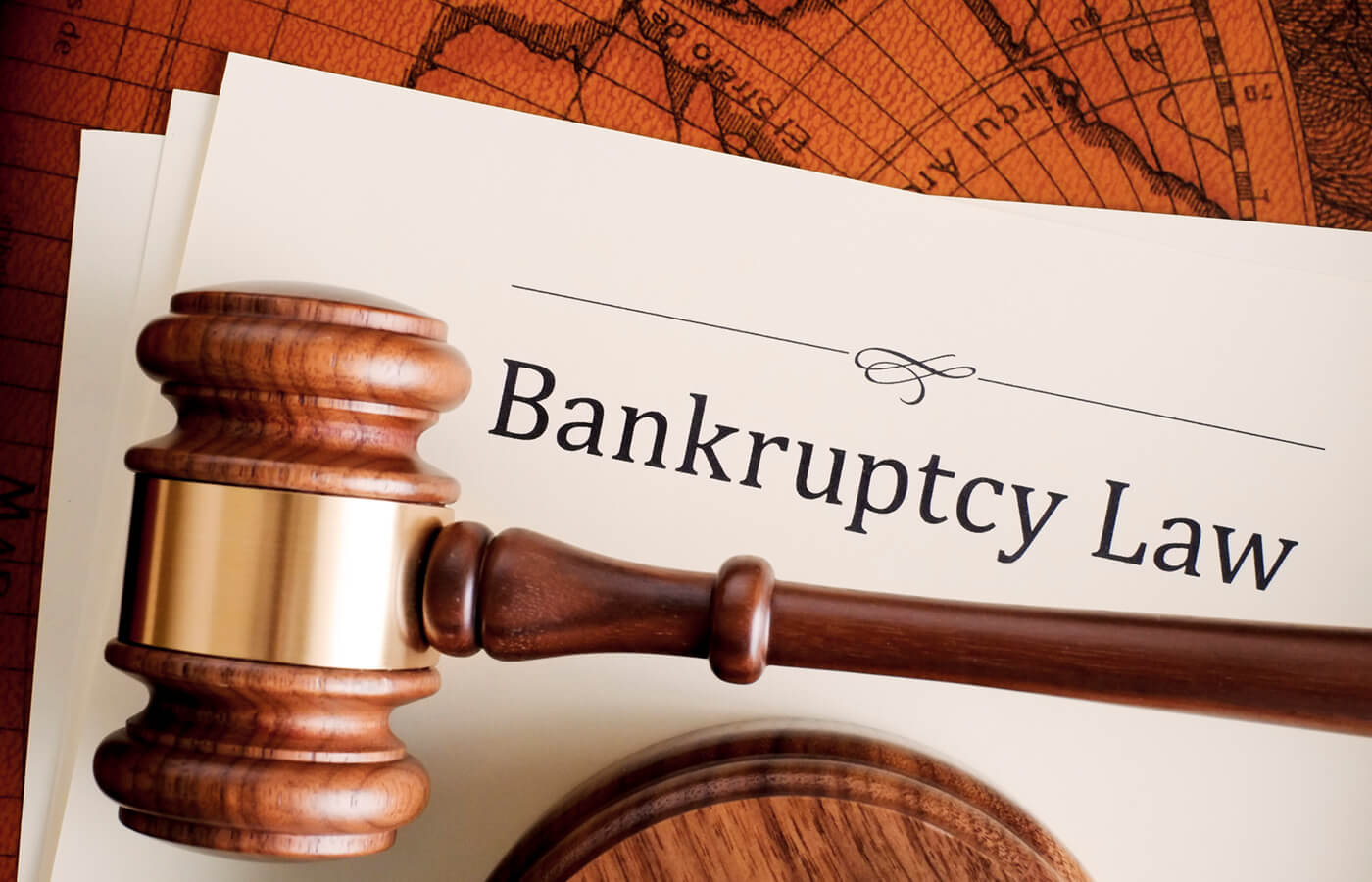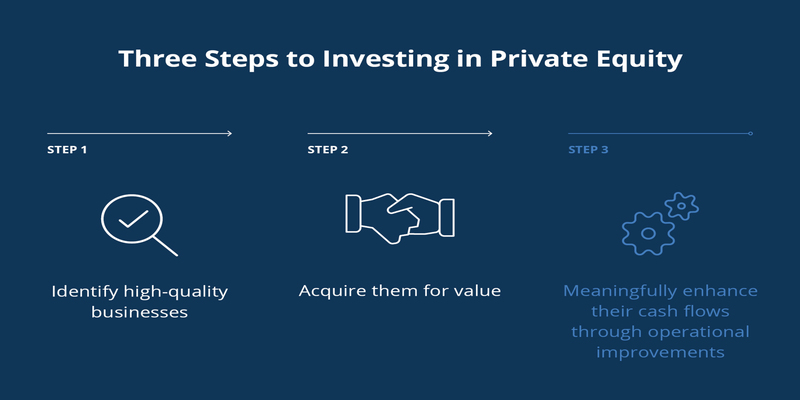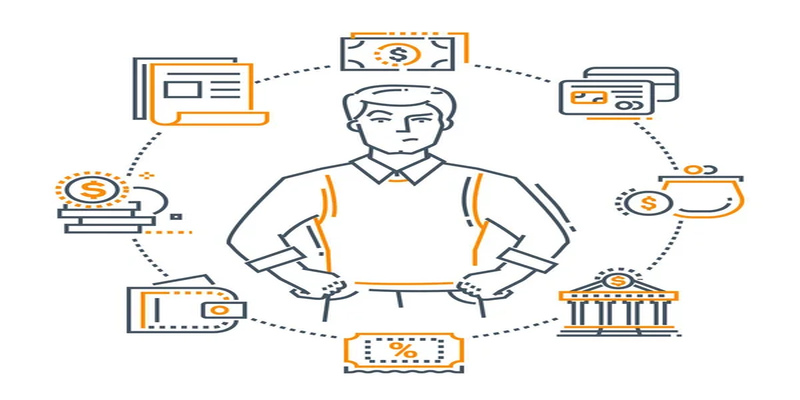Filing for bankruptcy allows an individual, partnership, or corporation whose debts have grown unmanageable to have a judge and a court trustee review their assets and obligations.
The debts may be forgiven at the court's discretion. When someone is "discharged," they are released from their obligation to repay a debt. If the court determines that the defendant has sufficient funds to cover the costs of the lawsuit, it may also dismiss the case.
To help people recover from financial ruin, lawmakers enacted bankruptcy protections. Whether the crash was caused by poor judgment or bad luck, policymakers may realize that a safety net is necessary for a capitalist system.
Who Files For Bankruptcy and Why?

There will likely always need to be more assets to pay off the debts of the typical bankruptcy petitioner. On the other side, bankruptcy is frequently a useful financial instrument for those who have the means to repay their obligations but need to renegotiate their repayment conditions. This is typical when a person has a tax debt or mortgage arrears that must be paid back over time.
Surprisingly, most bankruptcies are filed by people rather than companies. They have debts that they cannot afford to pay off, such as a mortgage, credit card bills, vehicle loans, or student loans.
In 2021, there were 413,616 petitions for bankruptcy. Companies only submitted 14,347 forms. Another unexpected finding is that middle- and lower-class people filed for most bankruptcies. People file Chapter 7 and Chapter 13 bankruptcies with median earnings between $30,000 and $40,000.
Personal Insolvency In The USA

In 2021, there were 413,616 bankruptcies filed. That's a 24% drop from 2020, according to data from the Administrative Office of the U.S. Courts. The number of Chapter 11 petitions filed by businesses dropped by 33.7%, from 21,655 to 14,347.
The number of filings fell across the board. The number of people filing for bankruptcy under Chapter 7 (69%), once again the most common type, decreased to 288,327 from 378,953 in 2020. Chapter 13 bankruptcies fell from 156,377 the year before to 120,002. Filings under Chapter 11 decreased from 8,333 in 2019 to 4,836 in 2020.
Shawn Plummer, CEO of The Annuity Expert, has commented, "The decline in submissions in 2021 does not surprise me." "After the outbreak, we have witnessed financial relief measures as unusual as a worldwide pandemic, such as moratoriums on student loans and rent and increased unemployment compensation (including direct payments to people).
Should I File For BankruptcyAnd When?
If you're wondering, "Should I declare bankruptcy?" Consider if you can pay off your obligations in fewer than five years. If not, consider filing for bankruptcy. The idea here is that people should be given a second opportunity, not permanently punished, by bankruptcy legislation.
Bankruptcy may be your best option if a string of unfortunate events and poor decisions has left you with no hope of recovering financially in the next five years. There are other options for getting out of debt if you can't file for bankruptcy.
Debt consolidation loans, debt settlement, and debt management programs are all viable choices. None of the options promises that your debts will be resolved in a year or two, and most take three to five years to complete.
Tips For Declaring Bankruptcy
You've considered your choices and have ultimately chosen to file for bankruptcy. You see bankruptcy as the potential salvation it offers if appropriately managed. If you want your bankruptcy file to go well, it's just as vital to know what not to do as it is to know what to do.
By filing for bankruptcy, you can have your debts discharged, reorganized, or reduced. The bankruptcy court has the final say on whether or not you receive that chance. You may file for bankruptcy independently, but most experts agree that hiring a lawyer is wise. There are legal fees and bankruptcy filing fees to consider.
Self-filing does not absolve you of the obligation to pay the filing fee. Free legal aid may be available if you can't afford to employ a lawyer. The American Bar Association is an excellent resource for identifying low-cost bankruptcy attorneys and other legal aid organizations.
Getting Out of Bankruptcy
After receiving a discharge order, the debtor is released from further responsibility for the discharged obligations. After a discharge order is in effect, the debtor is legally protected from any collection efforts by any creditor included in the order. 9 Nevertheless, not every debt may be written off.
Debts to the government, creditors not mentioned by the debtor, court-ordered payments such as child support or alimony, damages from personal injuries, and tax demands are all examples. Furthermore, so long as the lien is in effect, any secured creditor can use its right to foreclose on the debtor-owned property.




